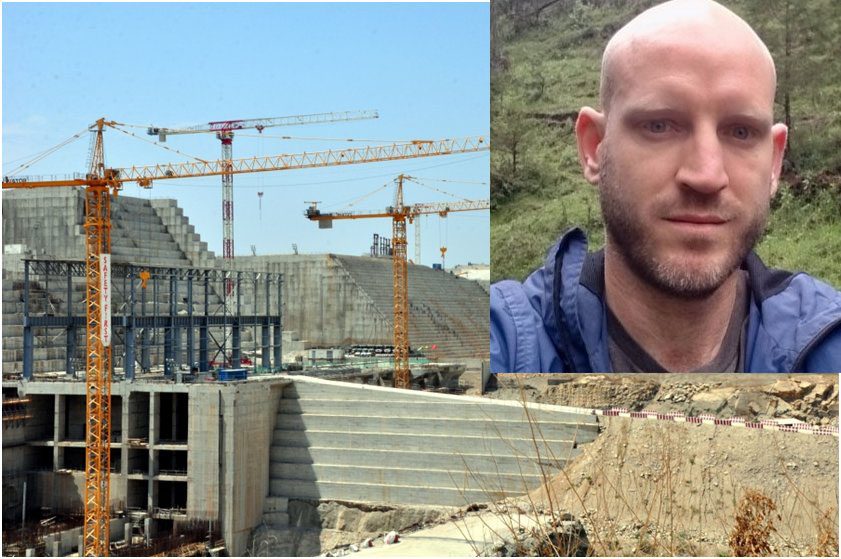As crucial trilateral talks should have resumed last weekend over the controversial Grand Ethiopian Renaissance Dam (GERD), Ethiopia’s withdrawal from the negotiations ushers in an unexpected turn of events.
By Ngagne Diouf
Ethiopia, Egypt, and Sudan, the three countries more involved in the dispute had agreed to meet in Washington DC on February 27-28 under the auspices of the United States and the World Bank to reach a technical consensus on the terms and conditions of the guidelines in the first filling and annual operation of Africa’s biggest hydroelectric dam.
Although Ethiopia’s absence in the Washington round of talks may not deepen the stalemate, “the no-show has worsened the mood of the talks”, says William Davison, Senior Analyst at the International Crisis Group.
In an interview with APA, he explains that the Ethiopian authorities are not formally boycotting the talks, but instead want “more time for domestic consultation” before committing themselves to further negotiations.
Following the meeting only attended by Egypt and Sudan, the Ethiopian Foreign Affairs ministry and the ministry of Water, Irrigation and Energy expressed in a statement their disappointment over the position showed by the US Treasury Department on the GERD.
“Ethiopia as the owner of the GERD will commence first filling of the GERD in parallel with the construction of the dam in accordance with the principles of equitable and reasonable utilization without causing any significant harm as provided for under the Agreement on the Declaration of Principles (DoP)”, they said in a response to the US statement.
As per the provisions of the 2015 DoP, the three countries shall follow the procedures therein provided which ensures a fair and equitable distribution of the Nile water resources.
The tension would remain high if the protagonists maintain their belligerent positions.
Ethiopia insisted that the dam’s reservoir will be filled despite US warning of considering action without an agreement with Egypt and Sudan as downstream countries.
“There is considerable political pressure on Ethiopia’s government not to sign a deal that is perceived to be against national interests,” Davison confides to the African Press Agency.
The mediation sponsored by the U.S and the World Bank have not led to the much-anticipated compromise between mainly Egypt and Ethiopia.
“Ethiopian negotiators reject the U.S./World Bank-drafted agreement, which they portray as geared towards protecting Egypt’s so-called historic rights to the Nile waters,” Davison adds.
The parties to the dispute need to agree on the definitions of drought conditions and accompanying minimum annual agreed releases from GERD in the event of various hydrological conditions during the filling and operation phases.
“They also need to agree on issues like the sequencing of refilling GERD and downstream reservoirs after a prolonged drought”, he concludes.
Dng/as/APA


